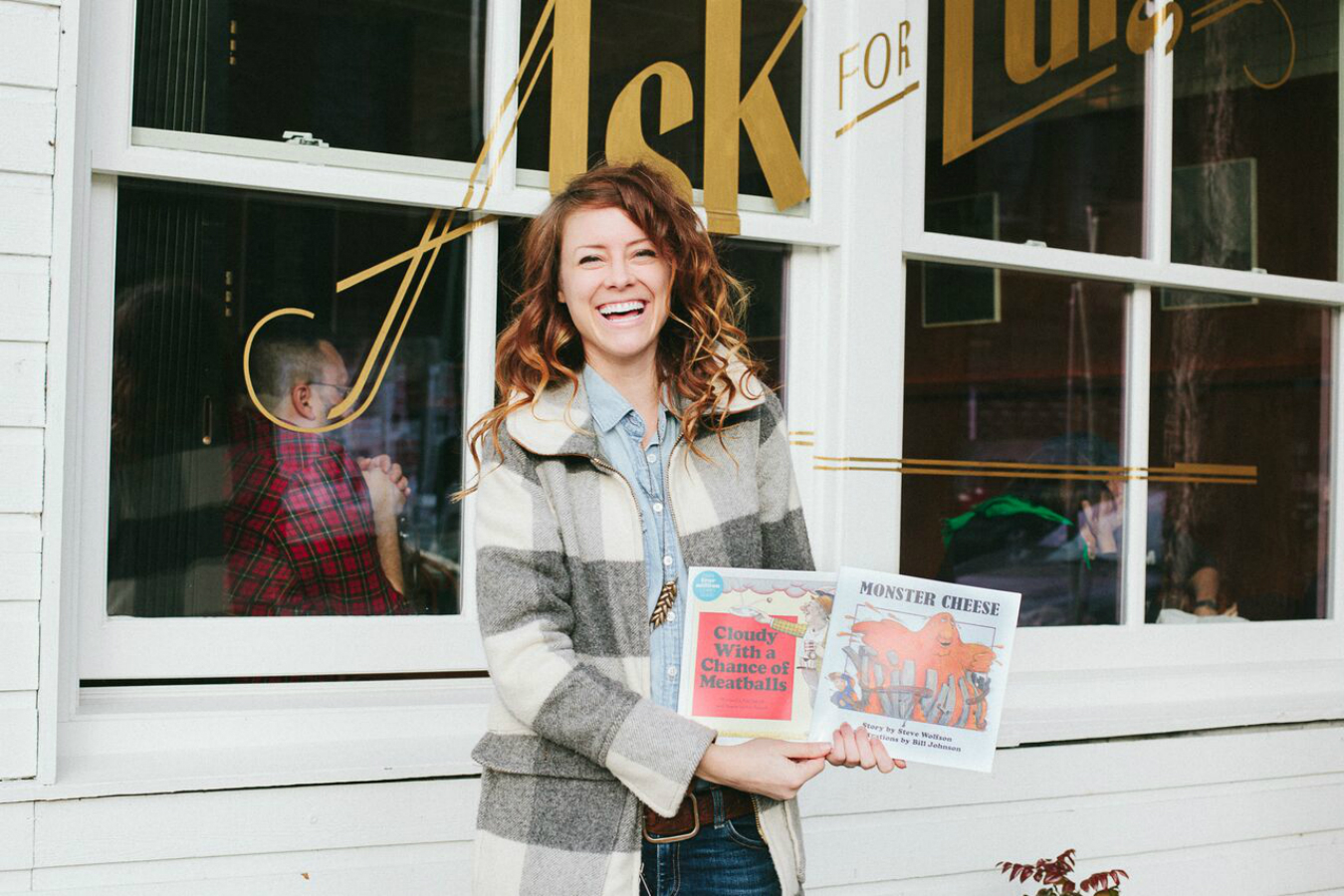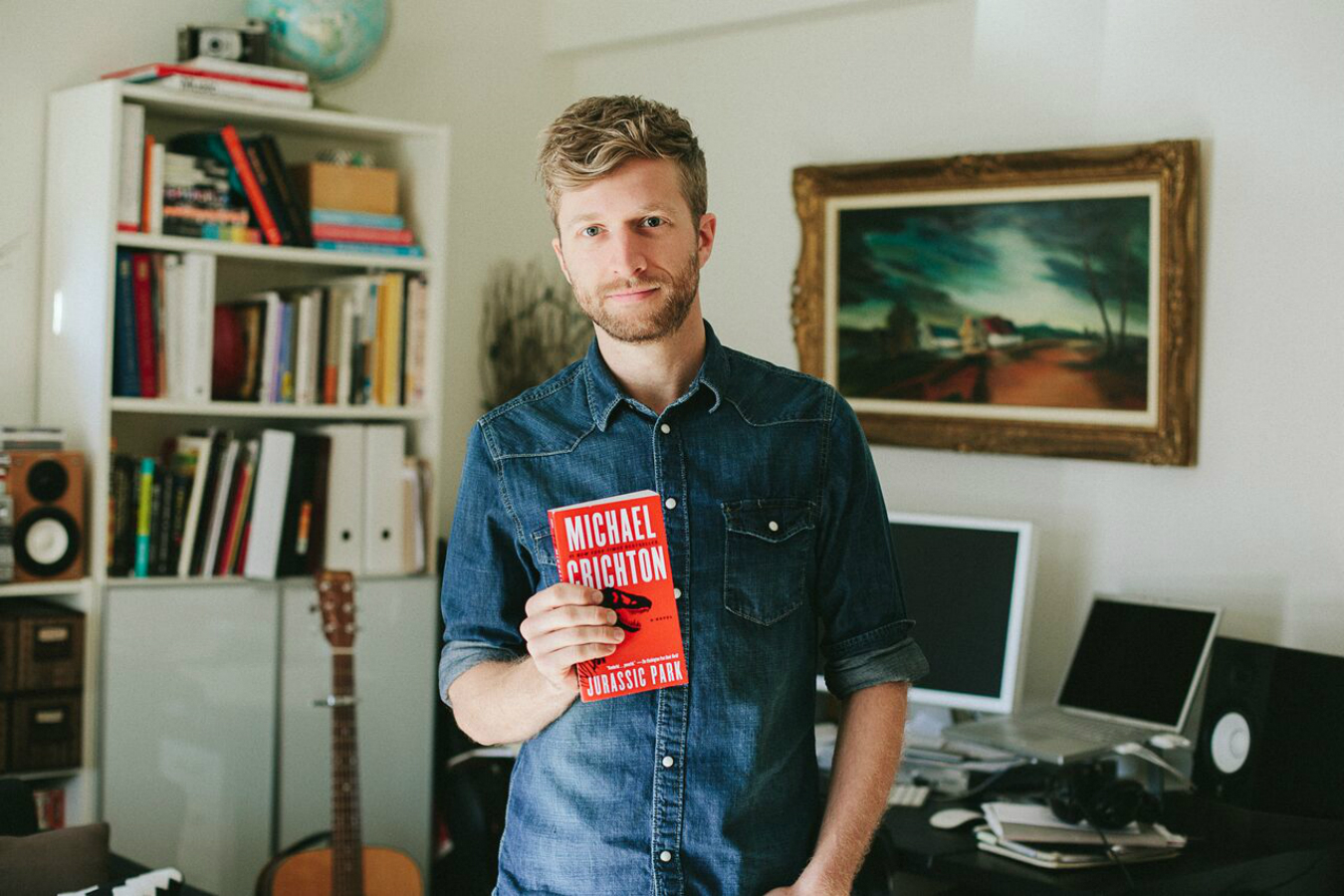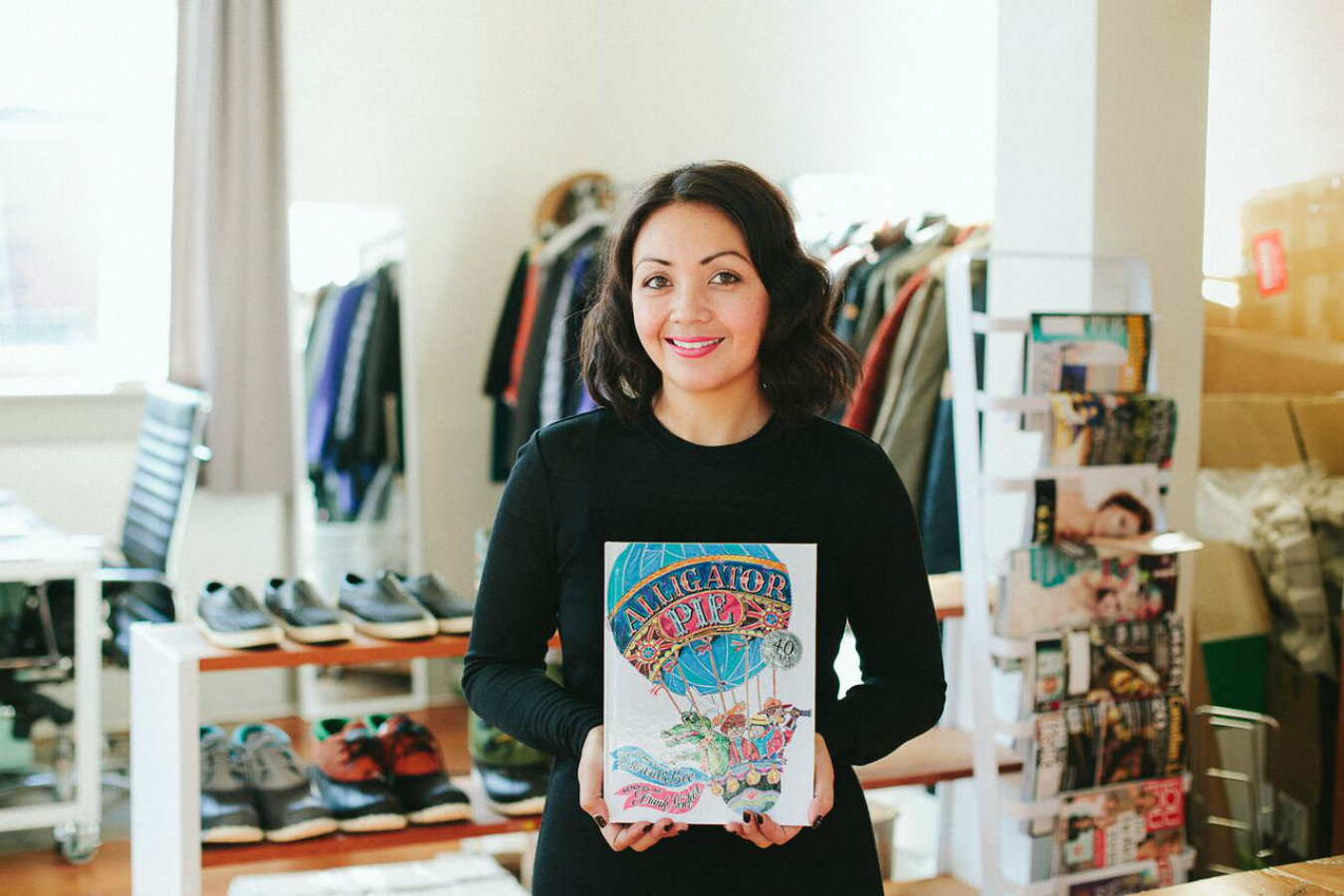For those (this author included) who grew up with noses firmly planted in books, it can be challenging to imagine a childhood without the whimsical world of words. It is a hard truth, though, that many kids struggle with literacy skills well into adulthood; in fact, according to a 2010 Canadian Council on Learning report, more than 15 million adults in Canada will have low literacy aptitudes by 2031.
It’s a reality that rocked friends Lizzy Karp and Cory Ashworth to their core, and after hearing Writers’ Exchange co-founder Sarah Maitland tell a story about children in Vancouver—metropolitan, affluent Vancouver—who didn’t know how to read, they vowed to take action. Discussing the situation with Maitland, they came to the conclusion that something underprivileged and challenged kids lacked was, simply, new books. And so, in 2012, A Good Book Drive was born.
The premise is simple: donate a fresh copy of a cherished book. While the word “donation” usually conjures images of tattered, ripped books drudged up from the basement, Karp and Ashworth’s project operates under the premise that every kid should have the opportunity to breathe in that new-page smell. “Obviously we want quantity, but we want quality first,” says Ashworth. “Rather than giving books that no one wanted, it was about giving books that—it sounds cheesy—could change someone’s life.” The stories are distributed to local literacy organizations and thus plopped directly into the little hands of the kids who will benefit from them most.
A Good Book Drive takes place for the entire month of November, giving participants plenty of time to visit a store (and take a trip down memory lane, rediscovering old favourites). Once a book is selected, it can be dropped off at box locations around the city, including Nelson the Seagull, Earnest Ice Cream, the Listel Hotel, and The Juice Truck. Donators also fill out a plate, to be inserted inside the book, detailing why that story is special to them. This creates a second layer of conversation and meaning, both for the giver and the receiver. “Those kids who are struggling with reading get a new book, which is amazing, and they also get to see and hear the story of the person who donated it,” says Karp. “So that story travels with the book and can inspire that person. It’s feel-good from start to finish.”
The book drive has expanded into New York and, for the first time this year, Toronto; and while they have surpassed the 1,000 books mark every year, Ashworth and Karp have set their sights even higher in 2015, with a goal of 3,000 for Vancouver alone. After all, it’s about ensuring today’s children have the tools and resources they need to find the same passion for literature that people like Karp and Ashworth did. “I’m kind of that annoying stereotype of the bookish girl who has a house full of books,” says Karp. “I grew up in the States and my mom was Canadian, so Canadian kids’ books were a way for her to connect me and my sister to her culture.” Through Alligator Pie and “anything Robert Munsch,” Karp discovered a universe outside the one she was in. “It was a window for me into a bigger, broader world,” she says. “I just love giving kids that experience: to be reminded that the world is so much bigger.”
Even at their most basic level—before looking at how they affect adult lives—reading and writing skills are essential to a child’s development and self-esteem. Early in elementary school, Ashworth himself struggled with reading. “I remember the shame that came with that,” he says. Some extra tutoring quickly got his abilities up to where they needed to be—proof that the literacy programs A Good Book Drive partners with actually work. With every wild thing, paper bag princess, and cat in a hat, A Good Book Drive is helping ensure that young minds are confident in themselves. If stories are supposed to teach us anything, it’s that we all have the power to slay our own dragons.














